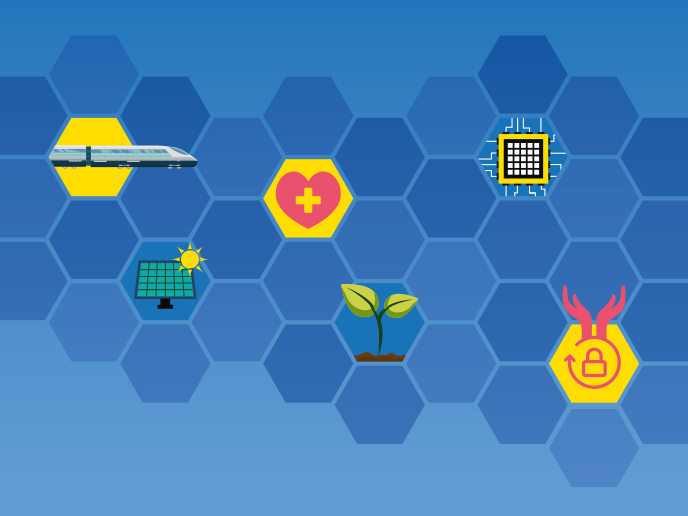Open Innovation Test Beds to accelerate European innovation
The development of innovative advanced materials is essential to meet Europe’s long-term economic, technological and environmental goals. Composite materials are used in a broad range of applications, from medical devices to automobile parts, the pharmaceutical, energy and construction industries, and much more. Compared to existing materials, these composites are stronger, lighter, more sustainable, less toxic, and have functionalities such as flameproofing, scratch resistance, biosafety and embedded electronics. European small and medium-sized enterprises (SMEs) and industries working in these ecosystems face important challenges. They need to test and validate new and essential technologies before commercialisation. At the same time, the speed and complexity of innovation is increasing, and high capital investment is demanded. Often, SMEs and industrial start-ups cannot afford to invest in their own testing and validation infrastructures. That is why the EU invested more than EUR 319 million to support access to Open Innovation Test Beds (OITBs). These provide access to the physical facilities and services required for the development, testing and upscaling of nanotechnology and advanced materials. This open innovation model has the potential to reduce costs, investment risks and the time to market for nano-enriched materials, making it especially attractive to SMEs. In addition, it may harmonise conditions for materials characterisation, modelling and upscaling to improve market access. This can make nanotechnology and advanced materials accessible to all industrial sectors, and thereby boost the transition to greener technologies. OITBs have an untapped potential to deliver on the EU’s transition to green and digital technologies across seven key technology domains: lightweight nano-enabled multifunctional materials and components; safety testing medical technologies; nano-enabled surfaces and membranes; bio-based nanomaterials and solutions; functional materials for building envelopes; nanopharmaceuticals production; and climate-neutral and circular materials technologies; in addition to two cross-cutting OITBs for material characterisation and modelling. By pooling resources and existing knowledge at the EU level, while supporting all kinds of users independently of their geographical location, OITBs stimulate collaboration across Europe, contributing to the creation of a more open and connected innovation ecosystem. OITBs also grow these ecosystems as users set up networks amongst themselves to offer additional services, to allow experiments and knowledge to be shared, and to provide users with a single entry point to their capabilities and services in materials development. The implementation of OITBs is expected to foster European networks of competence along the entire value chain and match the needs of the industry by providing users with easy access to widely distributed facilities. Together, this accelerated innovation will create jobs, grow economies and help deliver Europe’s ambitions for a greener planet. The Open Innovation Test Beds featured in this Results Pack cover a broad range of industries, reflecting the far-reaching potential of this model. Projects developing novel materials and composites include OASIS and LightMe, which are supporting the development of new lightweight materials, LEE-BED, which focuses on flexible electronics, and TEESMAT, which is helping to grow Europe’s battery technologies. LightCoce created a one-stop shop for the development of concrete and ceramic lightweight components. FormPlanet and i-TRIBOMAT offer support in the production process, presenting improvements to sheet metal manufacturing and performance characterisation of novel materials. MDOT, SAFE-N-MEDTECH and TBMED all aim to help SMEs develop novel medical devices, including diagnostics and therapeutics, by assisting with regulatory and performance challenges.



